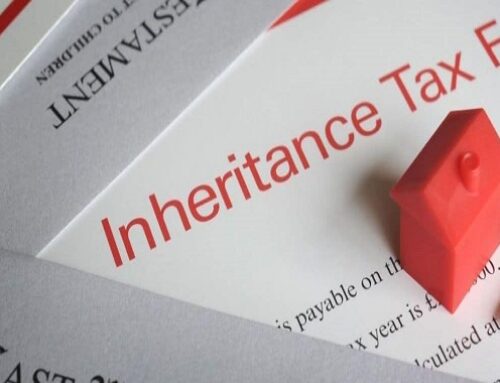Tax Regime in Greece: A Guide for Expats Moving Overseas
When considering a move to a foreign country, it is essential to have a comprehensive understanding of the tax system in place. Whether you’re an expat or a foreign citizen contemplating relocation to Greece, it’s crucial to have a thorough grasp of the tax system in the nation. This article aims to offer an overview of tax residency, tax registration, as well as the significance of tax consultants and advisors in Greece. By thoroughly understanding these essential components, you can confidently navigate the tax system in Greece.
What is Tax Residency?
Establishing tax residency in Greece is the first step for understanding an expat’s tax obligations. A person is considered a tax resident by the Greek tax authorities if they reside in Greece for more than 183 days each calendar year.
The tax residency status of expatriates has significant implications. Residents of Greece are taxed on their global income, whereas non-residents are only taxed on income earned in Greece. In the event of a marriage, taxes will be settled individually, although there may be variations to this rule. Expats must determine their tax residence status to comply with the applicable tax regulations.
How Does the Tax Registry Process Work in Greece?
Becoming a tax resident in Greece entails a meticulous Tax Registry process that expats must follow. This process involves gathering all the required documentation, filling out the tax registration forms specific to the Tax Registry Greece, and submitting them to the designated tax office. Upon completion of the review and approval process by the relevant authorities in the Tax Registry Greece system, individuals are issued a tax registry number or AFM (in Greece) and their file is assigned to the appropriate Tax Authorities bureau (DOY).
Documents Required for Tax Registry
To register for tax purposes, expats must provide a few documents, such as:
- Passport / ID
- Proof of residency
- Income Statements (from country of origin)
- Relevant employment contracts or rental agreements
What are the types of taxes in Greece?
Income Tax:
The Greek tax system regime levies income tax on individuals who earn income from Greek sources, regardless of their residency status. The income tax system in Greece follows a scaled tax structure, where tax rates progressively increase with higher income levels. Income tax rates range from 9% to 44%, with several tax brackets based on income levels.
Property Tax:
Greece levies property tax on property owners, also known as ENFIA. This tax pertains to property-owning Greek residents and non-residents alike. Location, size, type and market value are just a few factors taken into consideration by the state to determine your property tax. It is essential to note that municipal taxes in Greece are separately billed by Power Utility companies.
Value-added tax (VAT):
The value-added tax rate in Greece varies depending on the product or service category. The standard rate (FPA) is 24%, with reduced rates of 13% and 6% applicable to specific goods and services.
What is double taxation in Greece?
Double taxation occurs when an individual is required to pay taxes on the same income in two different nations. Greece has engaged in double taxation treaties with several countries worldwide to reduce this burden. The purpose of these agreements is to avoid double taxation and assure fair taxation for cross-border income.
The advantages of double taxation agreements include eliminating double taxation, reducing withholding tax rates and providing tax credit provisions. Expats should be informed of the special contracts between Greece and their home country to organize their tax affairs properly. Nations such as U.S.A., United Kingdom, Canada, Australia, Germany and France are some examples who have double taxation treaty agreements with Greece.
Why is professional advice important?
When navigating the Greek tax regime, seeking professional advice is crucial. A qualified tax advisor can provide valuable insights, assist with tax planning and help you make informed decisions. With their expertise, you can avoid costly mistakes and maximize the available tax benefits and incentives.
Conclusion
By learning the tax regime in Greece and seeking professional advice when necessary, you will be able to navigate the complexities of the tax system, optimize your financial situation and maximize your expat experience in this beautiful Mediterranean nation.
Are you an expat moving to Greece or already living there? Ensure tax compliance and understand your obligations by visiting Peace-of-Mind Services Greece. Our comprehensive tax compliance services and expert guidance will help you easily navigate the Greek tax system. Don’t let tax complexities hold you back from enjoying your expat life.




